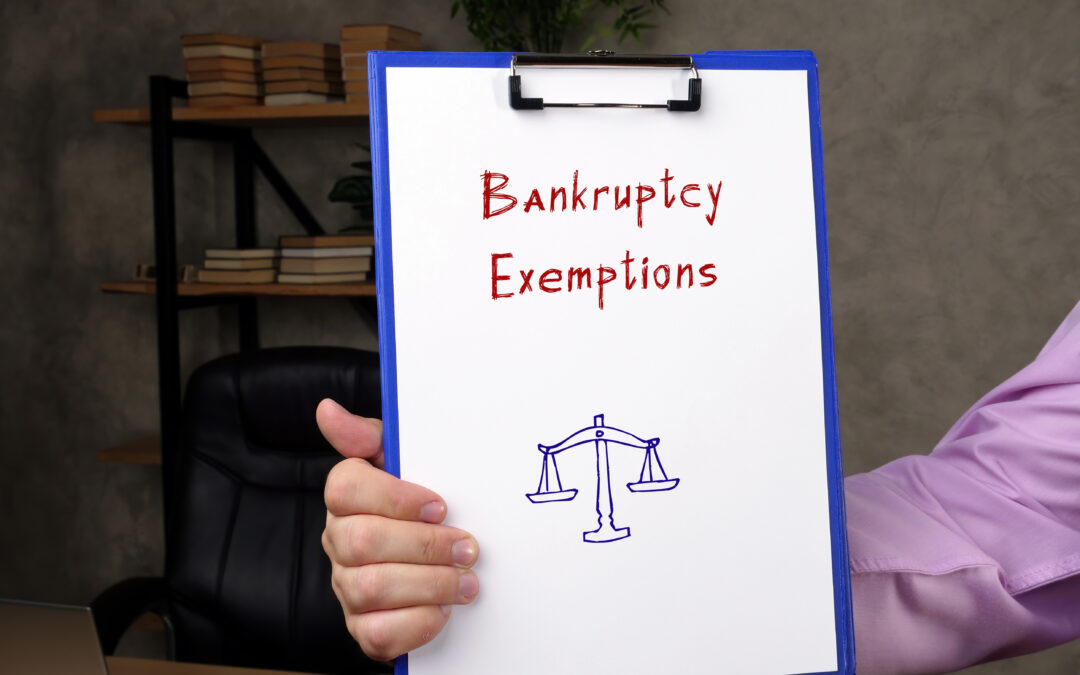After a financial catastrophe, bankruptcy can give you a much-needed fresh start. If you are thinking about filing for bankruptcy, though, you might be worried that your creditors will take items that you need to work and maintain a home.
Fortunately, Ohio has bankruptcy exemption laws that protect your essential assets, so you can get the financial relief you need without losing everything. These laws strike a balance between paying your creditors and leaving you with enough resources to start over.
To get the most out of the protection that the law provides, you’ll need to know the following facts about Ohio bankruptcy exemptions. You’ll also need an Ohio lawyer who is experienced in the state’s bankruptcy laws.
4 Things You Need to Know about Bankruptcy Exemptions
1. There are 2 main types of bankruptcy exemptions
Two main types of bankruptcy exemptions exist: state and federal. Several states, including Ohio, prohibit the use of federal bankruptcy exemptions. Since bankruptcy exemptions are on a state level, exemptions in Cleveland will be similar to those in Cincinnati.
2. How bankruptcy exemptions work
When you file for bankruptcy, also known as Chapter 7, you are required to liquidate (sell) your assets to pay your debtors. Bankruptcy exemptions can help you keep specific items, such as your home, vehicle, tools of your trade, and even jewellery.
The state defines several exemption categories and protection levels for each type. As an example, let’s say that a creditor sued George X and received a $5000 money judgment. Because Ohio’s bankruptcy exemption law protects $1500 of funds in a bank account, the creditor could only seize $3500.
3. You need to be a resident of Ohio
It may be tempting to move to a state with more generous bankruptcy exemption laws, but all states require people who file for bankruptcy and use exemptions to live in the state for a specified amount of time. According to Ohio law, you must live in the state for 180 days before you can file for bankruptcy; you must live in Ohio for 730 days before using exemptions.
4. There are several types of Ohio bankruptcy exemptions
The State of Ohio has established several types of bankruptcies to help keep some property out of a creditor’s reach.
- Homestead exemptions – protect some of the value of your home
- Motor vehicle exemption – helps protect the car or truck you use for work
- Tools of the trade exemption – covers tools, books, and implements
- Wildcard exemption – protects the property of your choice that is not normally covered, such as jewellery, valuable collectables, art, or even cash
Facing bankruptcy is stressful, and filing for bankruptcy exemptions can be very confusing. To protect your assets as much as possible, you need a lawyer who understands the complexities of bankruptcy exemptions. At Cozmyk Law, our bankruptcy lawyers in Ohio can help you protect your valuable assets through bankruptcy exemptions. If you are considering bankruptcy in Ohio and are interested in learning more about bankruptcy exemptions, contact Cozmyk Law today. You may also call us at (877) 570-4440.


